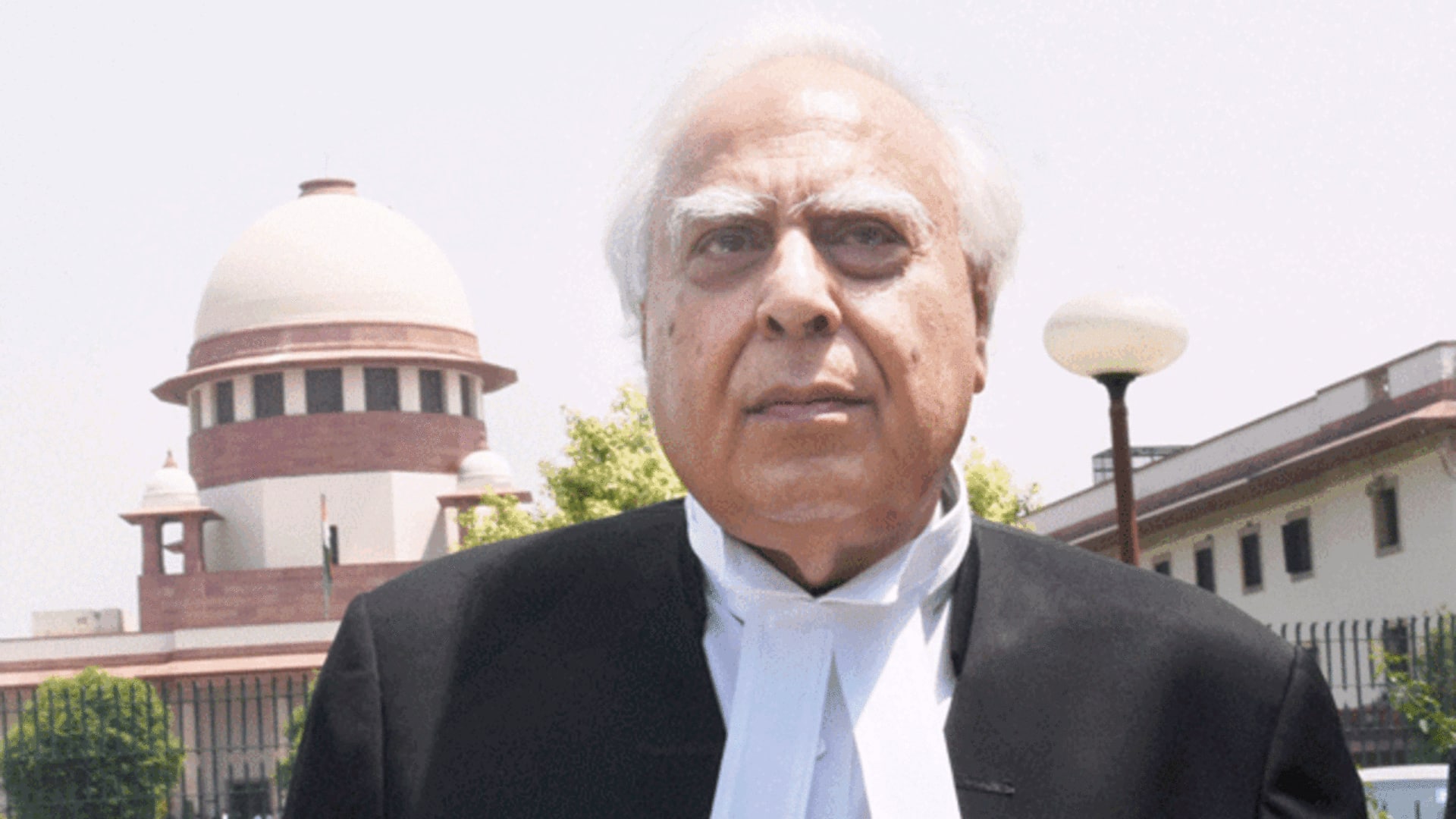
'New Waqf law designed to rob Muslims...': Kapil Sibal
What's the story
The Supreme Court is currently hearing a challenge against the Waqf (Amendment) Act, 2025. Senior Advocate Kapil Sibal, representing the petitioners, argued that the new law was intended "in reality... designed to capture waqf through a process which is non-judicial... executive." He claimed it allows private properties to be taken away due to disputes without following proper procedures.
Legal challenge
Sibal challenges non-judicial process in waqf property disputes
Sibal also objected to a provision of the law that requires a person to have been a practicing Muslim for five years to donate property as waqf. He argued this violates constitutional principles of equality before the law and equal treatment. The new legislation also does away with the concept of waqf-by-user, which was recognized by the Supreme Court in its Ayodhya judgment.
Council composition
Sibal argues against non-Muslims in waqf councils
Sibal also opposed the provision allowing non-Muslims to be nominated to the Central Waqf Council and State Waqf Boards. He argued this violates Articles 25 and 26 of the Constitution, which guarantee religious freedom. The Supreme Court bench, headed by Chief Justice BR Gavai, heard these arguments and clarified that only a maximum of two non-Muslims can be nominated, addressing Sibal's concerns about a non-Muslim majority in councils.
Discrimination claim
Singhvi highlights discrimination in waqf donation requirements
Senior Advocate AM Singhvi also raised concerns over Section 3(r) of the Act, which mandates proof of practicing Islam for five years to donate property as waqf. He asked which other religion requires such proof at the time of making a religious endowment, calling it discriminatory under Article 15 of the Constitution. The Supreme Court has yet to decide on granting an interim stay on implementing this law pending its final verdict. The hearing will continue on Wednesday.